The sustainable transformation of Coca-Cola packaging
Coca-Cola Philippines is taking purposeful strides towards their World Without Waste vision. In 2018, The Coca-Cola Company announced its global commitment of collecting and recycling all of the Company’s packaging and to use at least 50% recycled content in their packaging by 2030.
The transformative vision of The Coca-Cola Company is anchored on the circular economy which aims to close the loop on packaging by exploring the infinite uses and possibilities of recyclable material.

Championing sustainable packaging in the Philippines
Unknown to many, the Company’s local operations remain highly sustainable with a massive 50% of its production still comprised of glass bottles. These glass bottles have continuously been collected, washed, and reused.
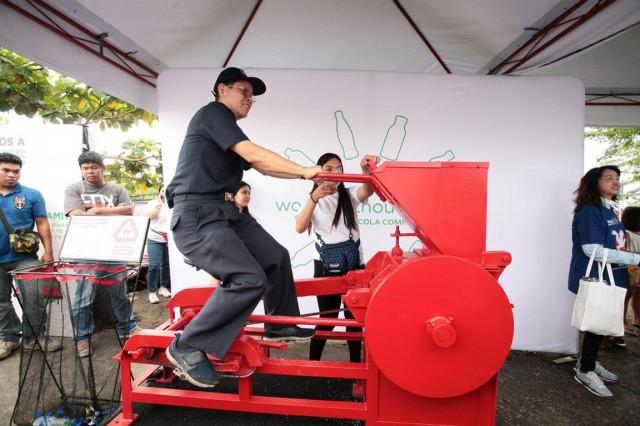
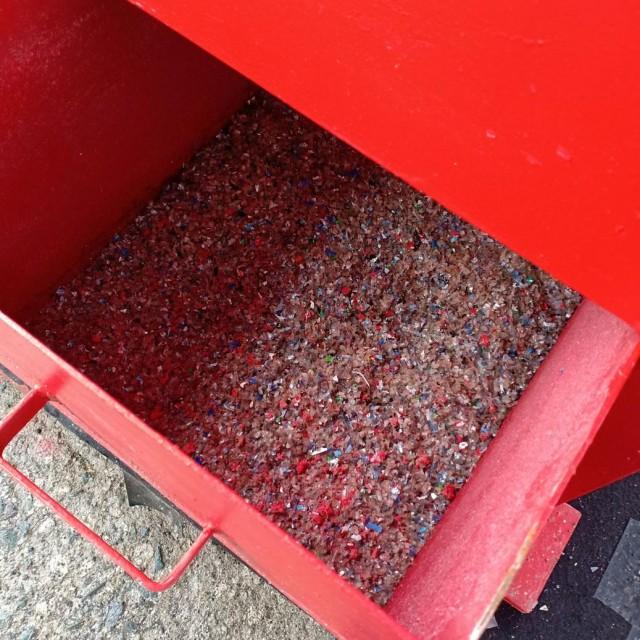
As for their PET plastic bottles, Coca-Cola Philippines continues to lead the charge in sustainable packaging with the launch of the country’s first-ever food-grade PET bottle made of 100% recycled material – The Viva! Eco-bottle. The production of this totally recycled PET (RPET) bottle is one of the Company’s first steps towards creating a World Without Waste.
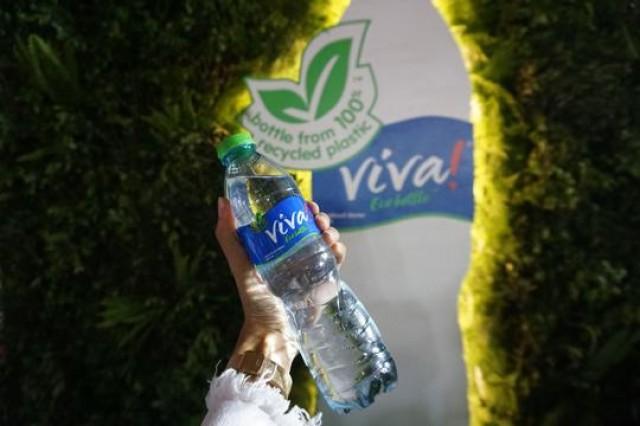
“We want to change the mindset of our consumers and help them discover the limitless possibilities when our PET bottles are properly collected and recycled. This Viva! RPET Bottle is just one of the examples of the things we can create if we all start seeing the value of our packaging,” shared Winn Everhart, Coca-Cola Philippines General Manager and CEO.
“We look forward to carrying the RPET bottle across all our brands, to help give our bottles new life, reduce our consumption of the planet’s resources, and to bring us closer to a World Without Waste,” he added.
With plans of using its RPET bottles across all its brands, the Coca-Cola System in the Philippines has presented a roadmap that will support the collection and recycling of post-consumption PET bottles in the country. To produce the RPET bottles, Coca-Cola Philippines is investing in the Company’s first recycling facility in Asia Pacific.
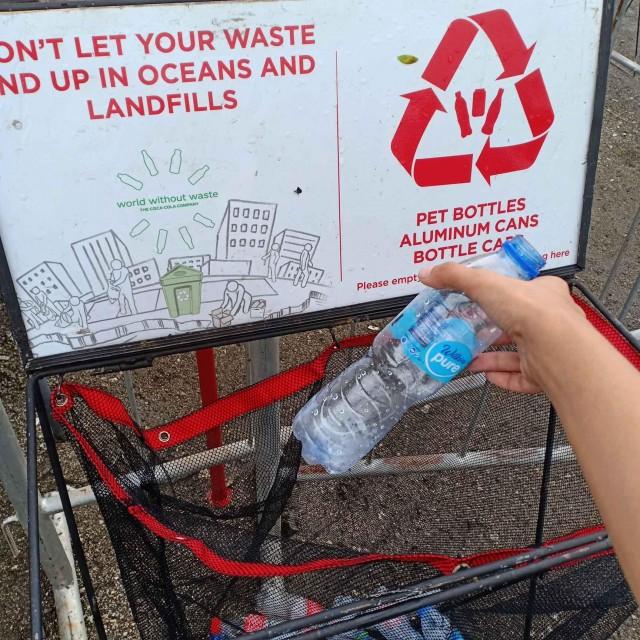
While the perceived life cycle of PET bottle typically ends with disposal after product use, Coca-Cola aims to debunk this and give its packaging multiple lives in the form of RPET bottles, fabrics, chairs, and other useful items. In its extended life, the packaging will undergo sorting, cutting, cleaning, and melting, to transform the PET bottles into an entirely new product.
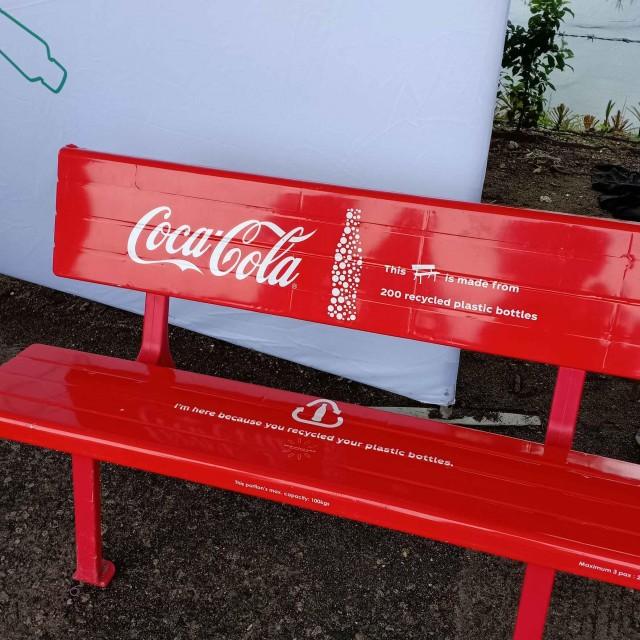
A long-standing history of sustainability
Throughout history, Coca-Cola has constantly explored breakthrough solutions when it comes to its packaging and sustainability has become the common thread across the Company’s numerous packaging transformations.
In 1915, Coca-Cola made history as it introduced its iconic ‘Contour Bottle’. Since then, the Company has become a pioneer in packaging innovations. Behind its diverse beverage and packaging portfolio, The Coca-Cola Company has continuously ensured that each innovation brings them closer to the most sustainable solutions.
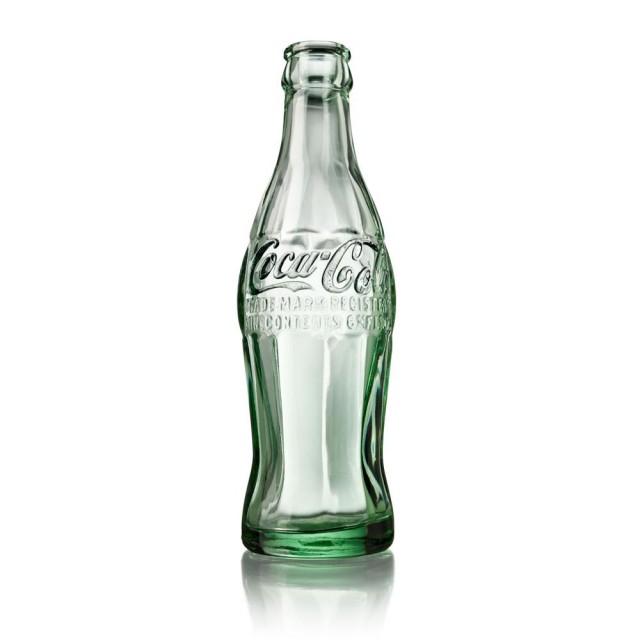
As they ventured into plastics in 1975 with their ‘Easy-Goer Plastic Bottle’, they introduced a recyclable alternative with a life that could be extended to different uses. As proof of the recyclability of their packaging, Coca-Cola produced the first soft drink bottles with 25% recycled material in 1992.
This is a paid press release from Coca-Cola




